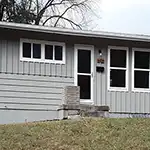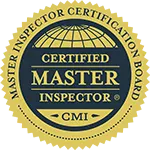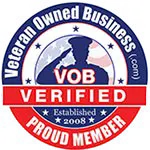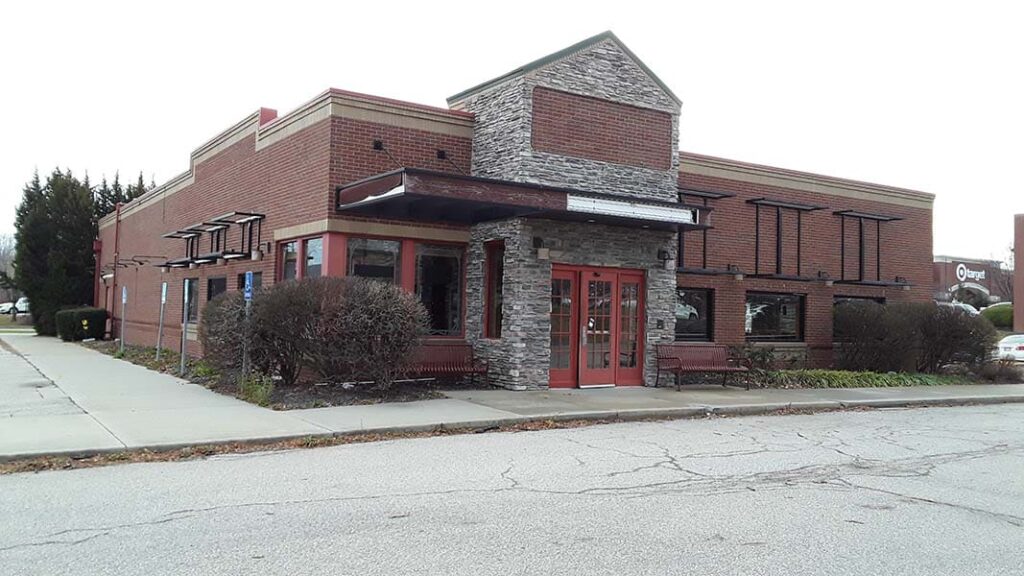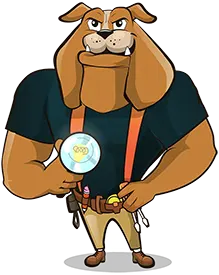- 15% Discount for Life*
- Our Real Estate Investor Home Inspections
- Full 100% Real Estate Investor Home Inspections
- Major-Items Real Estate Investor Home Inspections
- A Full Inspection Or A Major-Items Inspection: Which To Choose?
- Multi-family Real Estate Investor Inspections
- Commercial Real Estate Investor Inspections
- Is the property vacant?
- Frequently Asked Questions
Honest Real Estate Investor Home Inspections By A Master Inspector Who Speaks Your Language.
Since 2003, I’ve specialized in real estate investor home inspections and worked closely with hundreds of professional investors locally, nationally, and abroad.
What’s the most important thing I’ve learned?
There’s not just one, there’s two:
- Relationships matter
- Trust is everything
It’s all fine and good that I have a background in finance and can speak to you in terms of ROI, ‘A’, ‘B’, and ‘C’ neighborhoods, demographics, criteria, costs, and time along with a 20-year career learning what you care about most.
But none of that matters if you don’t believe I’ll look after your best interest.
In fact, I make certain promises to prove it.
For example, I promise to do it right the first time.
If you’ve been a real estate investor for any period of time, you know things don’t always go as planned.
Sometimes, it’s a sickness, a weekend, a holiday, city planning, the utility company, or something that just falls through the cracks.
It happens, and it’s the nature of the business.
I’ll never take your money and inspect a property that isn’t ready – we’ll just convene to decide if it should be postponed.
I promise to deliver your report the same day.
I also promise that my full home inspection checks 100% of the items I can see, touch, and test.
When it comes to real estate investor home inspections, the only thing that matters is trust – period.
Here are other promises I make to you:
- I will always inspect your property myself (never an employee, apprentice, or amateur)
- I will always walk on the roof (if I won’t fall off)
- I will always open the main electrical panel (if I won’t be standing in a puddle of water)
- I will never do an inspection if I know the house is in an area you don’t want to buy in
- I will never charge for the first time I get to a property that isn’t ready and have to reschedule
- I will write my reports in plain English so you’ll understand even if you’re brand new
- I will answer the biggest questions before you even think to ask
- Termite inspections will always be free with a full home inspection
- I never let you overlook or neglect important details that might haunt you later
- I will always advise you on what you need and don’t need based on the circumstances, age, and condition of the home
- And best of all, you will get a permanent 15% discount after 3 full-priced real estate investor home inspections
What’s The BIGGEST Difference Between Bulldog And A Cheaper, Less Experienced Home Inspector? 🤔
Aside from the confidence and experience to NOT get fooled or pushed around by agents, owners, and contractors?
Cheaper inspectors only see the defects.
“Hold on, Steve…isn’t that what they’re supposed to do?”
Technically, yes. That’s good enough to ask for payment in exchange for their service.
But think of it this way…would you hire a subcontractor who does the bare minimum or uses best practices?
Or even better, if we can agree that a property has a story to tell and that the home inspection tells it, cheap inspectors hand you separate chapters while I tell you the whole story.
That’s because I look beyond defects to find the source and extent of damage.
The rules don’t require me to dig that deep, but I can so I do. I mean, once you know, you can’t unknow.
How do I tell the whole story?
Knowing the right questions to ask.
Every inspection report should answer 11 specific questions that probe into the defects to give you key information.
These questions help you understand the full story and the impact each issue has on the home.
Here are they:
- What did I find?
- Where is it?
- What does it mean?
- What will happen if it’s ignored?
- Any signs of past repairs?
- Is it a major concern?
- Has it affected anything else?
- Has it damaged any surrounding areas?
- What do I recommend?
- What caused it?
- Any signs of past problems?
Minor issues don’t go into all this digging, but these questions are always front and center during the inspection.
Cheaper, less experienced home inspectors barely understand what they’re doing, let alone know how to get the key information out of their heads and into your report.
This is no bueno, considering everything they know about your property is yours to keep.
However, since communication is treated as an afterthought by most home inspectors, you end up with a report that makes you as confused as a man whose wife just admitted she was wrong.
Mine not only answers those 11 key questions but it’s also written in plain English using an inverted pyramid style so even my dear old hippie mom from California would understand (love you, mom!).
Plus, it’s full of enhanced photos that let you see the issues yourself, and gets delivered on the same day.
15% Discount for Life*
*Purchase 3 (three) 2000-item real estate investor home inspections at full price and your 4th full home inspection (and beyond) come with a 15% discount1.
This means a 1499 sq.ft. home inspection + termite inspection goes from $445 to $378.25.
Why three you ask? I’ve been around long enough to have had at least a couple dozen investors promise to send me all their business if I give them a discount right away. Needless to say, I got ghosted like I brought cooties to Mali-boo 👻.
1Excludes radon testing, major-items inspections, stand-alone services, and sewer scope inspection.
Our Real Estate Investor Home Inspections
Full 100% Real Estate Investor Home Inspections
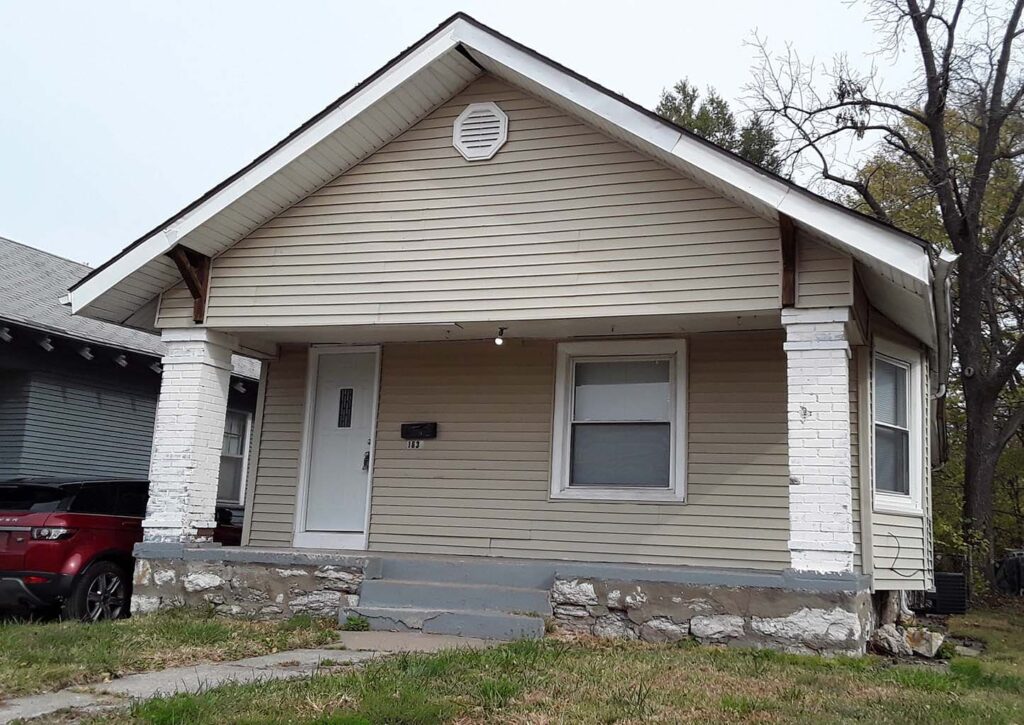
This is for a final product or turnkey property. The home is in decent shape and all the utilities are ON.
The choice for 99% of investors we work with.
INCLUDES a free termite inspection.
Sample Reports of Full Real Estate Investor Home Inspections
Major-Items Real Estate Investor Home Inspections
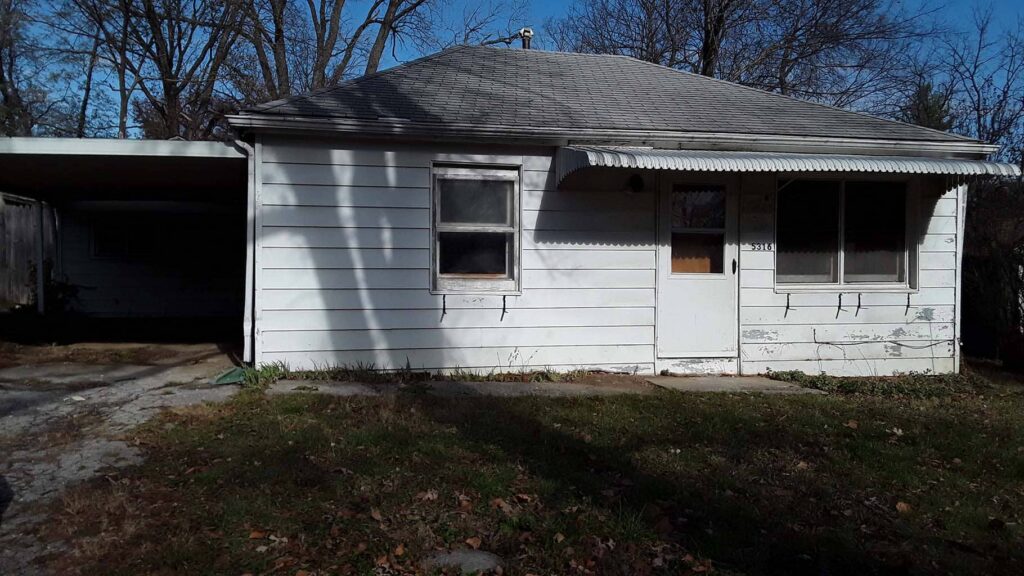
When the house is in rough shape, you’re NOT concerned with the rest of the home, or you’re going to gut it. This only checks the bones, so it’s important that the utilities are on.
This does NOT include a termite inspection.
Sample Reports of Major-Item Real Estate Investor Home Inspections
A Full Inspection Or A Major-Items Inspection: Which To Choose?

There are 3 factors that play a role in deciding whether you should choose a full inspection or a major-items inspection.
- The condition of the home
- The areas most important to you
- The cost
The Full 100% (2000-Item) Home Inspection
Full real estate investor home inspections are for turnkey properties where attention to detail was front-and-center.
This inspection checks 100% of the items we can see, touch, and test (about 2000 items in the average size home) so it’s not designed for properties that are extremely damaged or need to be gutted.
If you order a full inspection on a run-down and damaged property, we will change it to a major-items inspection after we arrive.
The 5-Point Major-Items Property Inspection
This specialized property inspection was originally created in 2005 for real estate investors who did not want a home inspection because everyday inspections wasted too much time, gave them information they didn’t want, and cost them too much money in the end.
Instead, they got amateur lookovers from their front man who would sometimes miss big issues that cost them big bucks later.
So I took the key areas from my full inspection, trimmed the excess, and made the termite inspection available separately (my full home inspections include a free termite inspection).
No more:
- Siding
- Gutters
- Chimneys
- Lights
- Switches
- Outlets
- Windows
- Doors
- Floors
- Interior walls
Now you’ve got the perfect investor home inspection that focuses only on the 5 areas that cause 80% of the most expensive and time-consuming repairs in every home:
- Foundation
- Plumbing
- Roof
- Electrical System
- HVAC System
Since this is so short (about an hour on average) and packed with meaty details, all utilities must be on, pilots lit, and water flowing through the faucets or you’ll miss out on the best information this inspection has to offer.
It’s also ideal for a homebuyer short on time or light on funds. In fact, we even put this into a home inspection checklist anyone can buy and use on every home they visit.
The Cost
The cost of our full real estate investor home inspections + free termite inspection start at $445.
The cost of our 5-point major-items inspection is $395 for a home of any size (there are no discounts with this inspection) and the termite inspection is separate.
Multi-family Real Estate Investor Inspections
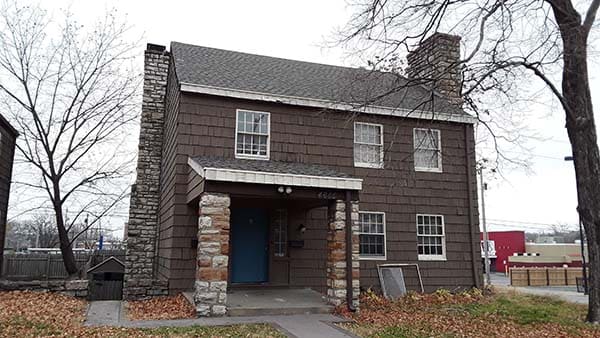
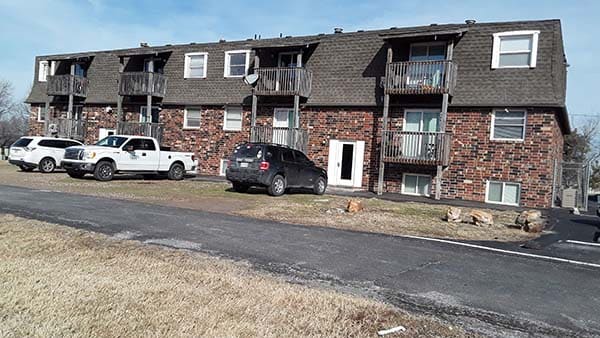
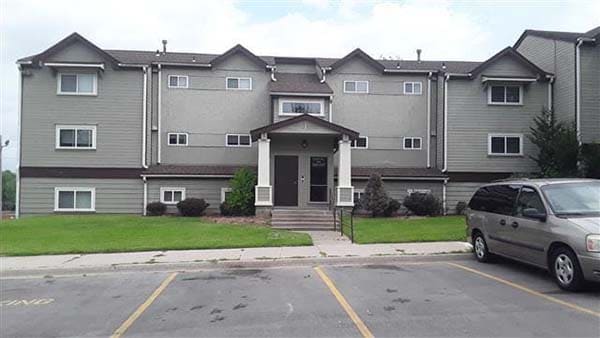
We can inspect 100 units a day or 300 in a weekend.
- Interior
- Foundation
- Plumbing
- Roof
- Electrical
- HVAC
- Exterior
We work with real estate investors from all over the world and know exactly what you need to run the numbers.
Our prices are fair, our real estate investor home inspections are clear and detailed, our service is friendly and responsive and our reports are easy-to-read and ready the same day.
Call us to make sure the information is honest, objective, and understood so you know what you’re buying.
Sample Reports of Multi-Family Inspections
Is the property vacant?

Guidelines To Get The Most From Your Real Estate Investor Home Inspections When The Property Is Vacant
A home inspection is only as good as the property allows it to be. That’s why there are a few important things to know if you want the best property inspection possible.
#1 – All utilities MUST be on and all pilot lights lit BEFORE the inspection starts.
This includes
- Water (most important)
- Electricity
- Gas
This should go without saying but you’d be surprised how often this one big detail falls through the cracks. I think it’s because it’s so basic it’s assumed they’re on (and they usually are when the property is occupied).
Needless to say, the more we can see and test, the better we can inspect for you.
#2 – Water MUST be FLOWING THROUGH THE FAUCETS when we get there.
Water is too insidious and hazardous to leave to chance.
That’s why it’s NOT good enough for the water to be turned on at the street but shut off at the water main valve inside the property.
If things were only that easy.
We DO NOT open the water main valve or the city shutoff valve in the street.
And it’s not because we’re trying to cover our butts and not get in trouble. Not at all. I know that won’t happen.
It’s because people are lazy and reckless and the person who usually gives the ‘go ahead’ to turn on the water is NOT the same person who turned it off.
So they really have no idea why it’s off in the first place (but we all know it wouldn’t be turned off to the entire property without a good reason)
This has caused us to create more than enough havoc and disappointment that could have been avoided with a little patience and preparation (have you ever seen a waterfall in your living room? I have).
All we ask is that reasonable effort be made to get the water FLOWING through the faucets before the inspection.
This NOT ONLY ensures the water lines are energized by the owners, but:
- AVOIDS UNNECESSARY LEAKS AND WATER DAMAGE that could have been avoided and takes time and money to fix
- SPEEDS UP ANY REPAIRS because they’re found first by the owner or their representative
- SAVES YOU TIME by not having you set aside time for an inspection that won’t happen + rescheduling and possibly extending your inspection period
- SAVES YOU STRESS by not seeing the damage unfold before your eyes
- AVOIDS CONFUSION with the homeowner or management company over where it came from, who caused it, what happened, and why
- KEEPS NEGOTIATIONS ON TRACK especially, if you’re being forced to buy the property in ‘as-is’ condition
Thanks for understanding and helping us give you the best – and most efficient – real estate investor home inspections possible.
Frequently Asked Questions
Yes. Since a vacant property is unused, I run water through drains for the entire inspection.
Why? Because sometimes it takes 20 or 30 minutes for a leak to form and if I just turn it on and off while I’m in the space, I may miss them (and you’ll hear about it after someone moves in).
This is not done when a property is occupied since the home is being used and operated daily. In these cases, I perform a functional flow test in each bathroom and run the water while I’m in the space to check for past, present, and (hopefully) future leaks.
Good question. There’s a big difference.
Your first 3 FULL home inspections are full price.
The rest will have an automatic 15% discount*.
*NOT available with the major-items inspections and ONLY available with single-family homes.
No.
This is a no frills, ala carte, bare minimum, Spirit airlines kind of inspection.
But it can be added. Just let us know.
This is an important question. Especially if you’re buying an older, vacant home.
First, I’ll NEVER discourage a sewer scope inspection. Even if the property is new. I’ve seen crushed sewer lines in brand-new million-dollar homes before.
That said, here are the times you’ll never want to buy a home without a sewer scope inspection:
- The home is 40+ years old with clay or tile sewer lines
- After a rehab
- Been sitting vacant for any length of time
- Has an absentee owner
- Missing a seller’s disclosure
- The water was turned off to the home
- Occupied by a tenant
- In a rural or mature area
- Has large trees nearby
It’s important because sewer line repairs can range from $500-$30,000.
By the way, we DO NOT perform sewer scope inspections.
Instead, we partner with solid local companies to do them for us.
Just like a sewer scope inspection, I’ll never discourage it, but I’ll tell you why 99.9% of my investors DO NOT order a radon test with their real estate investor home inspections.
1. Before you even order the radon test, you have to be willing to install a radon mitigation system for your tenants if the level comes back high (above 4pCi/L – pronounced picocuries per liter). You no longer have plausible deniability, and once you know, you can’t unknow.
2. Most rentals are pass-through properties, and your tenant may only be there for one or two years, then move on. If that’s the case, the possible effects of radon gas will be minimal.
Here’s what the EPA says about Radon gas.
No.
We don’t know the reason they are shut off and that’s why we ask for them to be lit before the inspection starts.
No. And neither should you. Here’s why…
This is the MOST INSIDIOUS system and we don’t take any chances that might end up causing leaks, moisture damage, and mold in a property you’re about to own.
If we didn’t turn it off, we don’t want to turn it on. There might be leaks, slow drains, sewer problems, disconnected water lines, missing water lines, or a number of other issues we don’t know about.
And even if we get permission to turn it on, it doesn’t always come from someone with first-hand information, and we don’t want to find out the hard way that a repair hasn’t been made.
Plus, in my opinion, your permission matters more than the owner’s since it will be your home, and you should be the one who agrees to any damage this causes.
But just play it safe. If the water is not flowing through the faucets, it’s always best to do whatever it takes to get it turned on by the owner.
This lets them find and fix any leaks BEFORE the inspection so we can do it right the first time.

